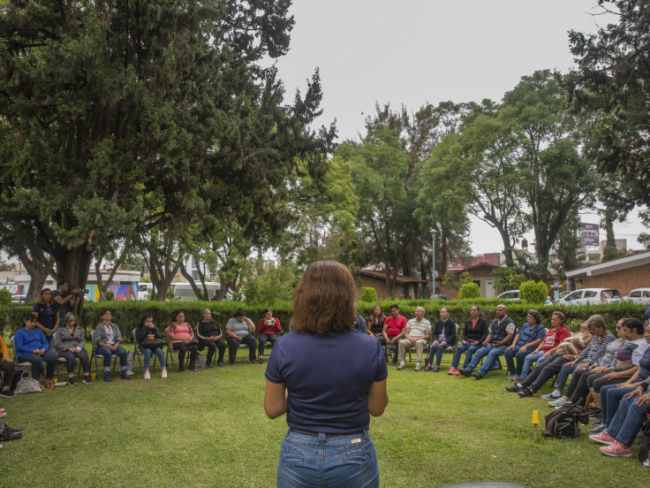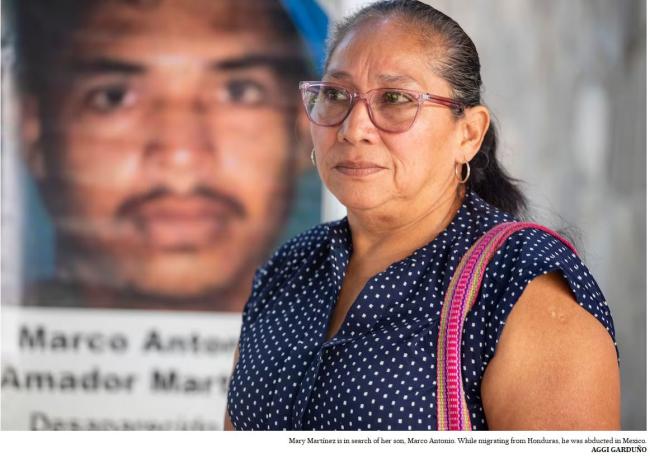Members of the Global Alliance for the Missing and the United Nations Security Council discuss the link between the issue of missing persons and peace processes

On 9 November 2022, the Permanent Mission of Norway to the United Nations in New York, in collaboration with representatives of Colombia, Kuwait, Switzerland, the ICRC and the Norwegian Red Cross, co-organized an event entitled “Time does not heal, only answers do”. The meeting brought together current and incoming members of the United Nations Security Council and the Global Alliance for the Missing to discuss the connection between the issue of missing persons and peace processes. The event aimed to: shed light on efforts to establish the whereabouts of missing persons, focusing in particular on the context of peace processes; identify good practices and lessons learned; and share experiences, with a view to strengthening the implementation of United Nations Security Council Resolution 2474 (2019), especially with regard to building and maintaining a sustainable peace.
In their opening remarks, Cathrine Andersen, the special representative for protection of civilians of Norway, and Ambassador Trine Heimerback, the deputy permanent representative of Norway to the United Nations, emphasized the connection between the humanitarian and human rights aspects of the issue of missing persons and the peacebuilding, conflict prevention and development agendas. They also stressed the need to implement United Nations Security Council Resolution 2474 (2019) on missing persons in armed conflict, based on good practices and lessons learned. Ambassador Tareq Albanai, permanent representative of the State of Kuwait to the United Nations, and Ambassador Sonia Pereira, deputy permanent representative of Colombia to the United Nations, spoke about their country’s experiences of tackling the problem of missing persons, highlighting the importance of early action, the participation of families, and the ongoing need for answers. Ambassador Albanai shared Kuwait’s experience as a member of the Tripartite Commission chaired by the International Committee of the Red Cross, while the representative of Colombia outlined the three pillars of their national peace process, stressing the key role of the search unit. Ms Priscilla Hayner, a member of the United Nations Standby Team of Senior Mediation Advisers, speaking in her personal capacity, noted that while peace negotiations offered opportunities to address the issue of the missing early on, there was a lack of thematic guidance for negotiators to do so. Mr Ian MacDonald, an ICRC humanitarian affairs adviser, emphasized the need to further integrate the issue of missing persons into operations on the ground and the documents of the United Nations Security Council. In his closing remarks, Ambassador Adrian Hauri, deputy permanent representative of Switzerland to the United Nations, emphasized the capacity of the Global Alliance to raise awareness of the issue of missing persons at the global and regional levels, and noted Switzerland’s intention to do so during its term as a non-permanent member of the United Nations Security Council.
Attendees included representatives of Albania, Azerbaijan, Brazil, France, Ghana, Ireland, Japan, Kenya, Mexico, Switzerland and the United Kingdom. The event demonstrated the capacity of the Global Alliance for the Missing and its members to provide a platform for general advocacy on the issue of missing persons, specific efforts to implement United Nations Security Council Resolution 2474 (2019), and – more broadly – peace processes.
Visit the Global Alliance for the Missing here.



